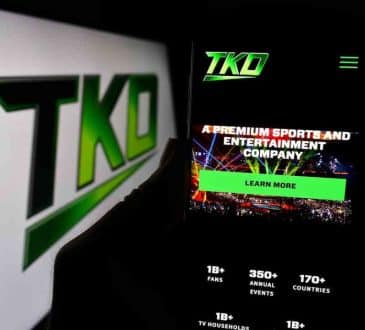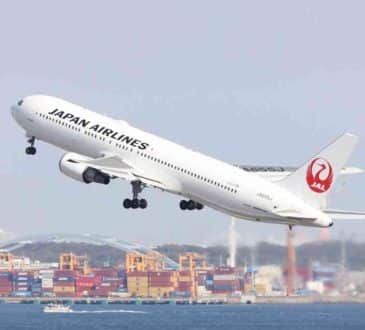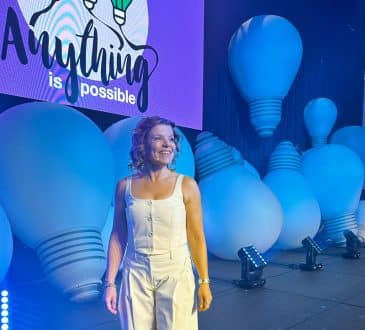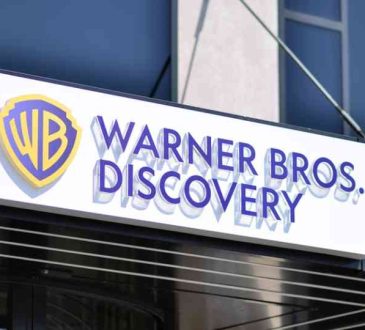Employee Autonomy and Accountability Can Go Hand in Hand

Too often, contemporary managers continue to adhere to the misbegotten idea that people are inherently incapable and untrustworthy, and therefore need managerial control. Yet when employees and teams are empowered to make important decisions, self-organize, and work autonomously to achieve their project goals, such self-management not only improves employee engagement but generates more productive and adaptive teams.
A case in point is Morning Star Tomatoes, the leading processor of tomato products in the US, and its approach to managing — or not managing — its employees. For starters, at Morning Star, there are no titles and no managers. Employees conduct business operations in self-organizing teams. But there is also structure and accountability in the system. Further, when new hires are brought on board at Morning Star, they begin by creating a colleague letter of understanding (CLOU). A CLOU outlines the specific goals and value that person is committing to the team with which they will be working for the coming year.
The focus on accountability is key to making self-management work at Morning Star. Every two months, employees’ progress toward the goals they’ve promised to achieve are made public for the entire company to see. No one can hide from their performance. That Morning Star is consistently profitable and is the leading processor of tomato products in the United States demonstrates that self-management works for them.
Organizations can experiment with elements of self-management through the following elements:
- Try out a “Colleague Letter of Understanding.”
Many companies have team charters or governance documents that provide guidance for how organizations expect employees to behave. These are also important, but often they focus on issues like project objectives, role allocation, available resources, and constraints facing the project and are constructed in a top-down manner. What I’m proposing — and what Morning Star does — is enabling employees to create these for themselves. Few things provide as much autonomy and agency to an employee as giving them say and/or control in setting their own commitments to the organization and to their team. Some specific elements to include in a CLOU involve the specific ways the new employee will add value over the next year, an outline of their learning goals, and details on how they plan to reach their learning objectives. These should be integrated into company performance evaluations. Have both management and peers review the CLOU so that goals and objectives are realistic and known to others. Pair new hires with individuals to whom they are accountable and who will be included in performance evaluations. - Embrace radical transparency and accountability.
Workers today, and particularly after the COVID pandemic, want to be trusted. They want access to information. And they want flexibility and control over howthey work for employers. The way to get 100 percent accountability is through radical information transparency tied to accountability. Whole Foods Market, for example, has a policy of total financial transparency. Everybody’s salary, the store’s sales, what the company spent on what, etc., are all available to employees. In the case with the CLOU in #1, once it’s created by individual employees and reviewed by teammates, the living document — and that person’s salary — should be a guide to what the employee accomplishes. That others are monitoring progress toward goals and objectives adds pressure. Further, leadership should always inform, as soon as possible, about any contractions in the business and potential layoffs. - Allow team-level decision-making.
Suggestions for placing decision-making at the team level include empowering teams to weigh in on who gets hired; conducting comprehensive peer-to-peer reviews of all employees on a routine basis; letting individuals and teams determine where and when they work and setting schedules and locations; and allowing team members to determine who is best suited to lead a given project. - Facilitate project choice and rotation.
At W.L. Gore, the Delaware-based materials science company, employees routinely rotate projects and positions to allow employees to explore and grow individually. Giving employees choice over what they’ll work on day to day fundamentally alters employee experience. The organizational learning that accrues from job rotation, however that might be managed, grows a company’s culture. Adaptive systems are successful because they produce energy and capabilities that enable organizations to outcompete others in their competitive environment.
Implementing these practices will undoubtedly introduce some level of angst, particularly among middle management, but once in place, they will find that employee autonomy is equaled by accountability.
Written by Drew Jones, PhD.
Have you read?
Here’s Every Time the United States Sent Military Forces To China.
Most Powerful Companies in Australia, 2023.
The highest-paid tech CEOs in the United States.
Highest-Paid Biopharmaceutical CEOs in the United States.
Executive Pay: Top 8 Highest-Paid Hotel CEOs.
Openly LGBTQ CEOs at the helm of major global companies.
Add CEOWORLD magazine to your Google News feed.
Follow CEOWORLD magazine headlines on: Google News, LinkedIn, Twitter, and Facebook.
This report/news/ranking/statistics has been prepared only for general guidance on matters of interest and does not constitute professional advice. You should not act upon the information contained in this publication without obtaining specific professional advice. No representation or warranty (express or implied) is given as to the accuracy or completeness of the information contained in this publication, and, to the extent permitted by law, CEOWORLD magazine does not accept or assume any liability, responsibility or duty of care for any consequences of you or anyone else acting, or refraining to act, in reliance on the information contained in this publication or for any decision based on it.
Copyright 2024 The CEOWORLD magazine. All rights reserved. This material (and any extract from it) must not be copied, redistributed or placed on any website, without CEOWORLD magazine' prior written consent. For media queries, please contact: info@ceoworld.biz
SUBSCRIBE NEWSLETTER








